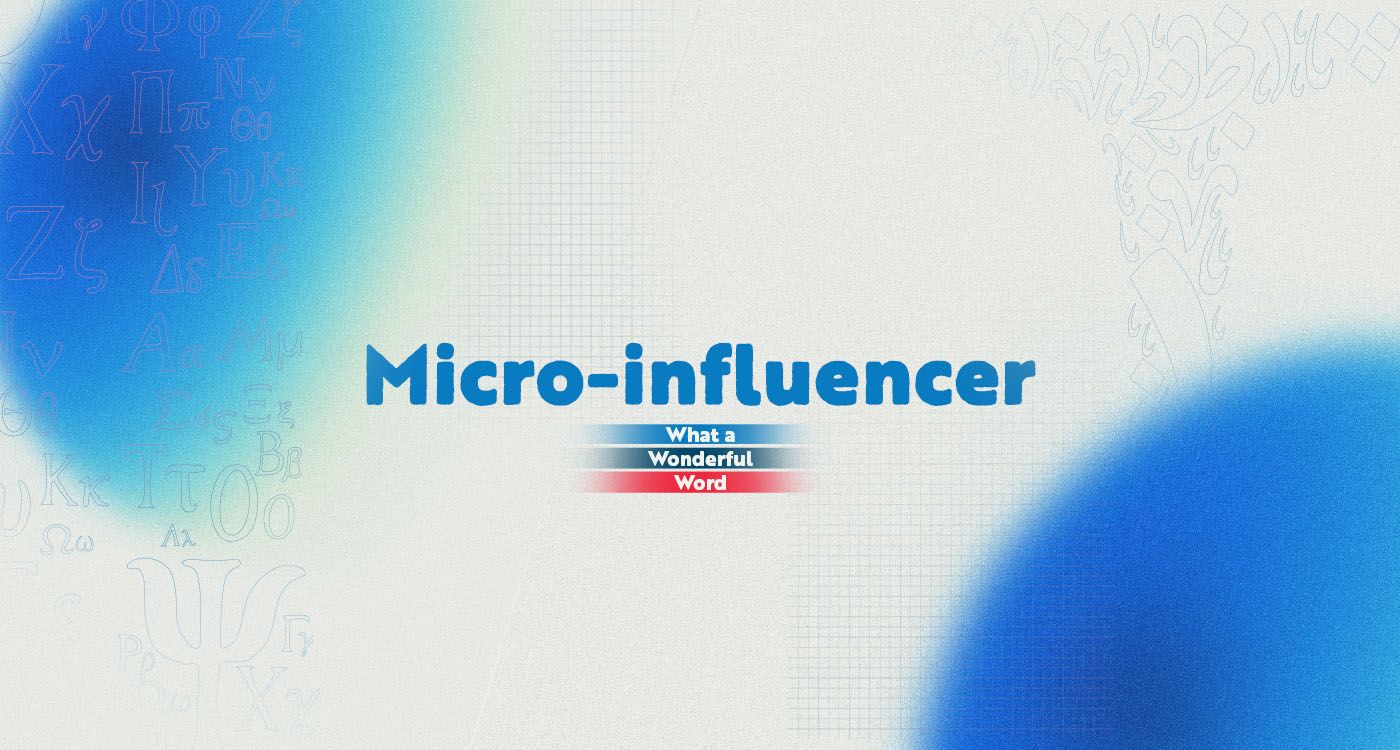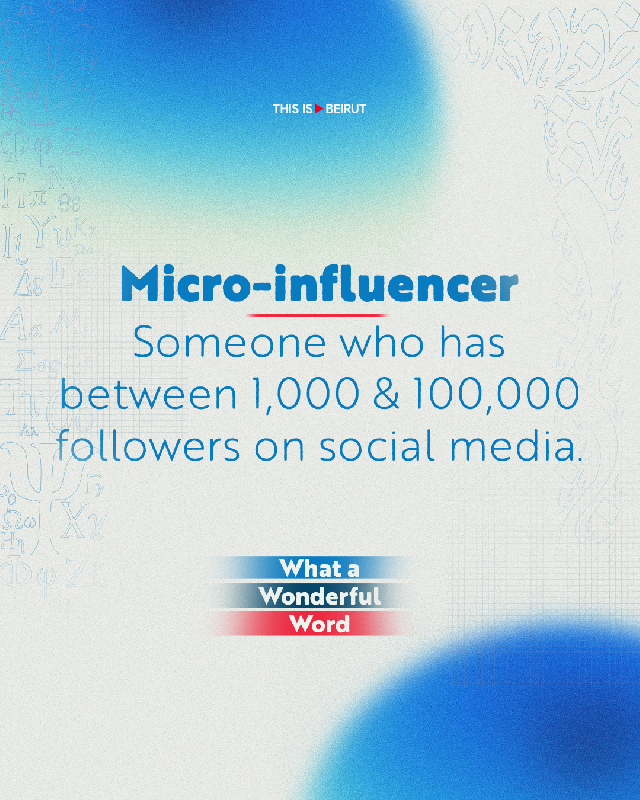
Not all influence is loud. The rise of micro-influencers – ordinary people with niche audiences – signals a quiet revolution in digital communication. In a world saturated with content, trust and authenticity are becoming more powerful than fame.
In the ever-evolving landscape of social media, a new type of influencer has emerged: not the celebrity with millions of followers, but the relatable figure with a smaller, more engaged audience: the “micro-influencer.” The rise of this term says a lot about how influence is being redefined in the digital age.
What Does “Micro-influencer” Mean?
A micro-influencer is someone who typically has between 1,000 and 100,000 followers on social media and who is known for their strong connection with a niche audience. The prefix micro- (from the Greek mikros, meaning “small”) emphasizes the scale – but also the intimacy – of their reach.
They may not have mass appeal, but their content often resonates more deeply. From sustainable fashion to niche book reviews, their focus is narrow, but their voice is trusted.

Why Are Brands Paying Attention?
In marketing, “micro-influencer” has become a buzzword, not just because these profiles are cheaper to partner with, but because they convert. Micro-influencers tend to generate higher engagement rates than macro-influencers, because their followers see them less as celebrities, and more as peers: authentic, accessible and credible.
Micro-influencers often interact directly with their audience, reply to comments and maintain a tone that feels personal. This translates into higher trust and better return on investment (ROI) for brands seeking to build real connections.
A Shift in the Idea of Influence
The popularity of the word “micro-influencer” reflects a cultural pivot. In a time of ad fatigue and algorithmic saturation, audiences are turning to smaller voices for guidance. Influence is no longer measured only in numbers, but in the depth of community.
Micro-influencers are more than a marketing tool. They are a sign that in the digital world, attention is earned, not bought.





Comments